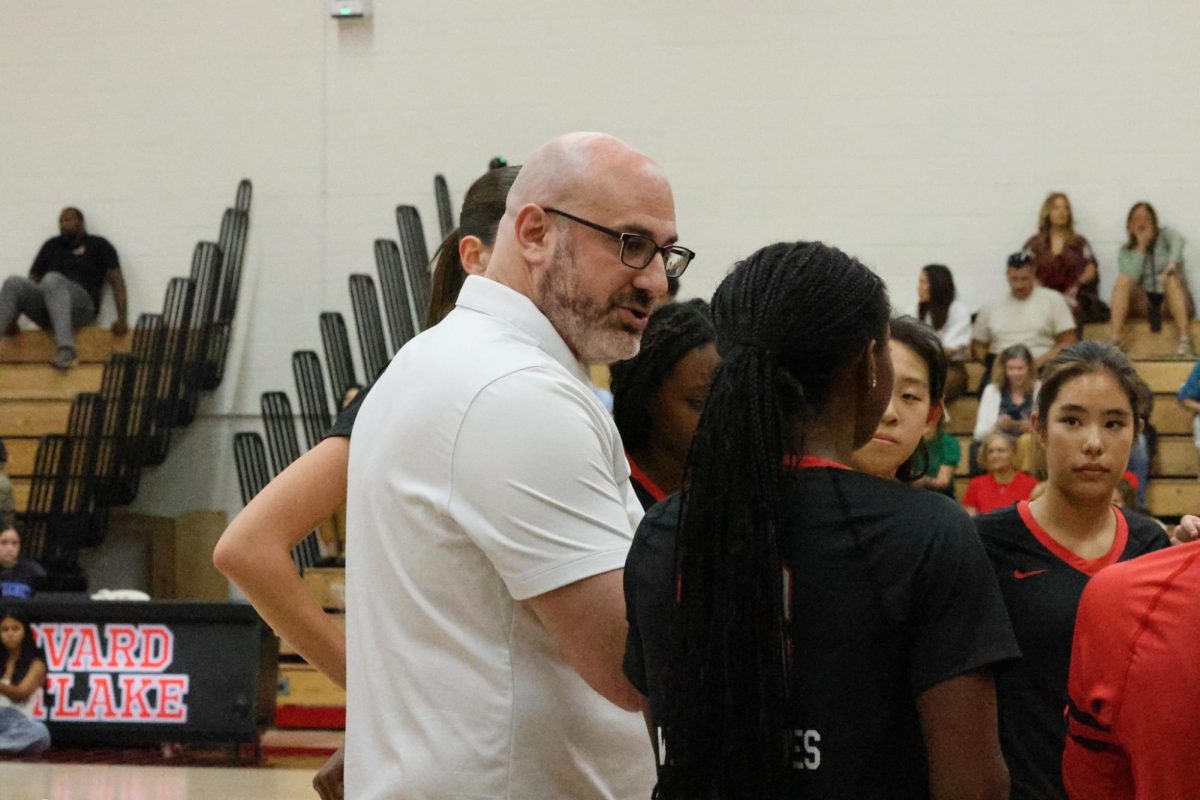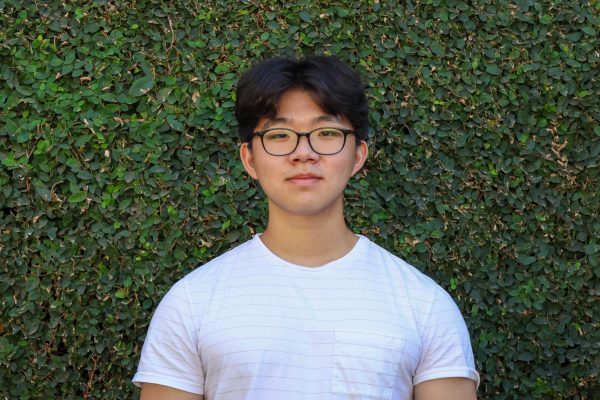The school is implementing a new set of security measures including a visitor management system and two new campus ambassadors who will take the responsibility of greeting guests from security. The new policies were designed in collaboration with Pangaea Consulting, a private security firm. The new safety policies and preexisting guidelines were presented to Upper School faculty and staff before the first day of school. Director of Operations Dave Mintz led the presentation alongside Head of Communications and Strategic Initiatives Ari Engelberg ‘89 and CEO of Pangaea Consulting Cory Wenter.
Wenter said the new visitor management system would ensure student and faculty safety during a response to a potential disaster on campus.
“The visitor management system is common at schools and there are some huge benefits,” Wenter said. “The most simple one is knowing who is on campus at any time. If you have to evacuate this campus, knowing who was here first is critical information, and you don’t want to send firefighters back into a dangerous building to look for someone who’s not there.”
Head of Upper School Beth Slattery said facial recognition would be required for visitors a part of visitor management, expediting the check-in process for frequent non-student visitors.
“The first time that somebody comes to campus, they have to sign in and go through all of that,” Slattery said. “But for somebody who’s been on campus, there will be facial recognition so that it doesn’t take as long every time. I do think the idea of knowing who’s allowed to be on our campus is being on the safe side.”
While other security measures are being expanded, staff members were also made aware of procedures for reporting harmful social media content.
Engelberg said that while the school monitors social media for any security concerns, they can only view public accounts.
“Media monitoring does not and cannot take place for private student accounts, nor do we seek to monitor the public accounts of our students if they have them,” Engelberg said. “Our media monitoring is limited to public social media feeds, when certain specific keywords are included in posts and tweets. The monitoring platform we use is basically an advanced version of Google Alerts and is not designed to monitor private information.”
Mintz said the campus ambassadors will have the responsibility of greeting visitors, giving directions as well as other non-traditional security tasks. He said the new roles will take pressure off of the exisiting security guards and increase coverage.
“All of them have been thoroughly trained in CPR and first aid measures as well,” Mintz said. “They are an extra sets of eyes and ears and can report any safety concerns to the appropriate staff, build relationships, interact with students, faculty and staff throughout the day and foster a positive presence. All of this allows security to focus more on traditional security related functions.”
Wenter said the school community should also know they play an essential role in campus security along with the teachers and fellow faculty.
“Today, we were talking about situational awareness,” Wenter said. “It’s important to pay attention to the anomalies when something’s off, when someone may want to do selfharm or harm to others, and too often we assume that someone else is responsible for security. We think [the security team]’s got it, and that’s not always true. It’s all of us.”





























